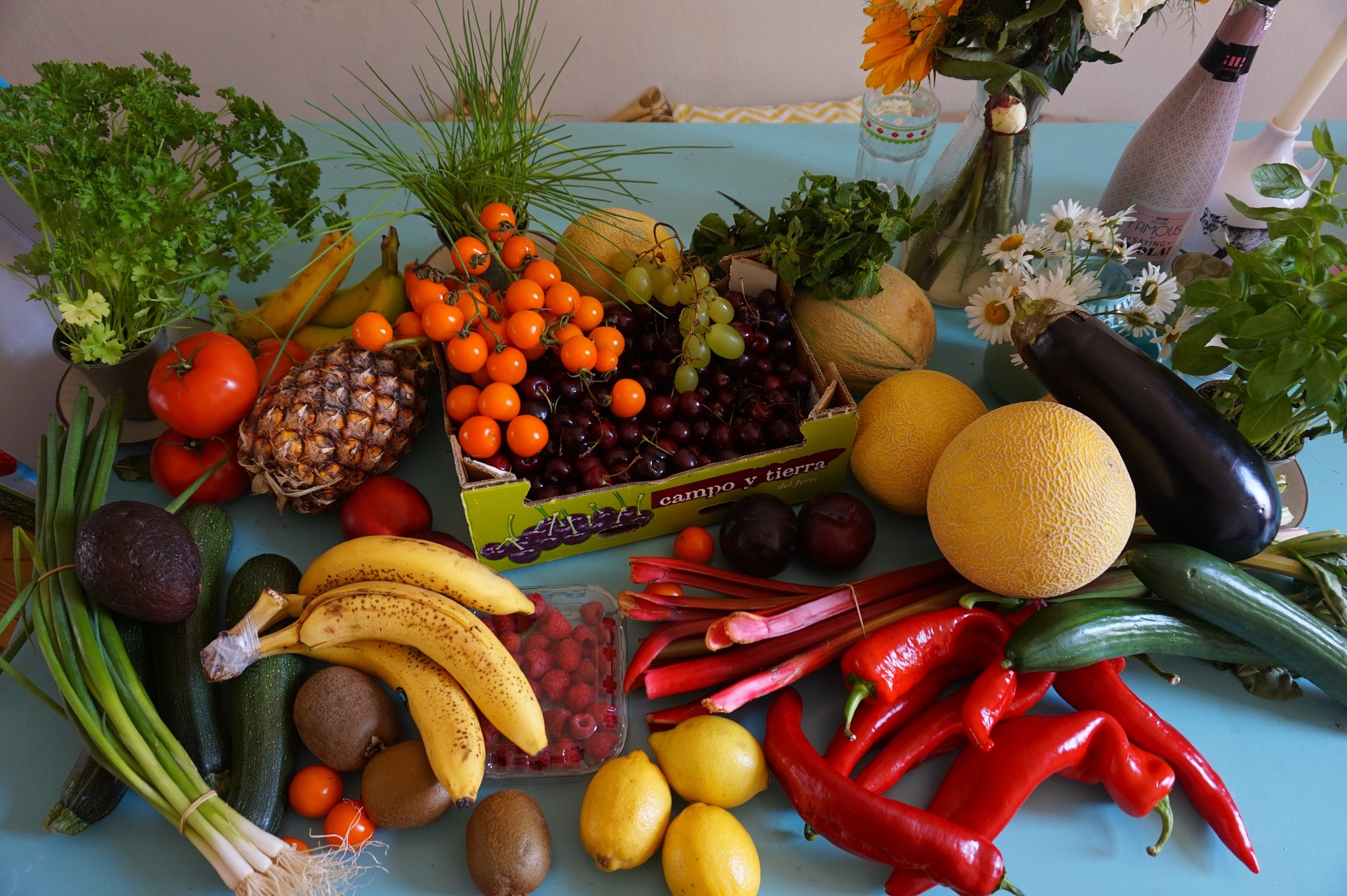Can we help you?
Contact us

Can we help you?
Contact us

Thank you for contacting us
Your form has been submitted successfully Our team will contact you again as soon as possible.
Whooppss...!! An error has occurred
Try sending later or write an email directly to areaempresas@ua.es

 PATENTED TECHNOLOGY
PATENTED TECHNOLOGY
INFO
SHEET
DOWNLOAD
EXECUTIVE
ABSTRACT
CONTACT DETAILS: Research Results Transfer Office-OTRI
University of Alicante
Tel.: +34 96 590 99 59
Email: areaempresas@ua.es
http://innoua.ua.es

Phytosterols are members of the “triterpene” family. They are naturally occurring plant compounds that are chemically similar to cholesterol. They are present in all fruits, vegetables (seeds, leaves and stems) and nuts. Then, they are regularly included to the organism through the diet. Although more than 25 different structures have been identified in vegetal extracts, three of them (beta-sitosterol, campesterol and stigmasterol) compose 95–98% of the total phytosterols.
Phytosterols are able to:
• reduce both total cholesterol and low-density lipoproteins (LDL) levels.
• Inhibit the cholesterol absorption in the intestine due to their great hydrophobicity. High doses of phytosterols can reduce the cholesterol absorption in 30-50%.
• Act as immunomodulators, playing a pivotal role in the prevention of colon and breast cancers, control of the benign prostatic hyperplasia and in the damaged tissues associated with inflammation.
Currently, the most important phytosterols (beta-sitosterol, campesterol and stigmasterol) are obtained by an extracting process of the vegetal raw materials. However, this process has a low performance. For this reason, the research group has developed a new procedure for phytosterols production and extraction with higher yields. This innovative methodology is based on in vitro plant cells culture, an emerging area with a high growth potential in the synthesis of bioactive compounds with added value.
This procedure consists of the following steps:
1. Adding cyclodextrins to the culture medium and, optionally, methyljasmonate.
2. Combining cells potentially producers of phytosterols and the culture medium obtained in the first step. These cells come from plants of different types: Rosa, Daucus, Capsicum, Lactuca, Catharanthus, Lycopersicon, Taxus and Vitis.
3. Incubating the previous composition (step 2) under determined conditions of temperature, humidity and time (the photoperiod is adjusted between 12-16 of light hours and 8-12 of dark hours).
4. Separating the obtained phytosterols from the culture medium.
When applying this novelty method, an increase in the production and extraction of phytosterols yield from plant cell cultures is obtained. These improved yields obviously depend on the experimental conditions (cellular density, temperature, humidity, time of incubation, amount of cyclodextrine and/or methyljasmonate added, etc.) and the type of cells used for the production of phytosterols.
• The in vitro plant cell cultures neither depend on geographic, nor seasonal or environmental factors.
• Stable system of production.
• Reduced space requirements.
• Easy purification process.
• A non-expensive phytosterols production could be easily accomplished at great scale in bioreactors.
• Other products that are not naturally synthesised in the plant could be obtained.
• There are other factors, such as the elicitation of the cell culture, that allow an enhancement of the productivity.
Currently, the classic methodology for extracting phytosterols from vegetal row material has a low yield. In addition to this fact, the elevated amounts of plants needed for obtaining a significant quantity of phytosterols leads to a higher cost for these products.
Thanks to the process described above, it is possible to increase the phytosterols production and extraction yields from natural resources. Then, a greater percentage of population can benefit of the positive effects of the phytosterols on health.
Due to the beneficial properties previously mentioned, phytosterols are widely employed in different sectors:
• As food additive: Its consumption is closely related to a decreased risk of coronary heart diseases. For this reason, they are present in margarine, butter, milk, yoghurt, ice-creams, cereals, sausages, sauces, etc.
• In medicine.
• In pharmacy.
• In biotechnology.
• In cosmetics.
• Others
This technology is protected by patent.
• Application number: P200803107.
• Publication date: 06/09/2010.
Biology
Molecular Biology and Biotechnology
Pharmacology, Cosmetics and Ophthalmology
Medicine and Health
Carretera San Vicente del Raspeig s/n - 03690 San Vicente del Raspeig - Alicante
Tel.: (+34) 965 90 9959




